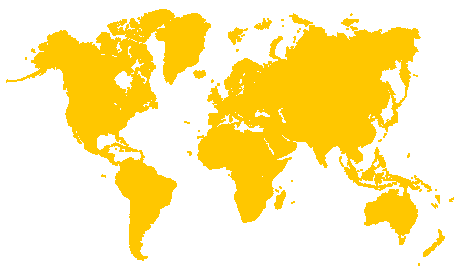Wave Energy

Our experts provide assessments and evaluations for clients involved in every aspect of the wave energy industry including research, testing and project development as well as operation.
Wave energy is a relatively new form of renewable energy that involves harnessing the power contained in waves propagating on the ocean surface. Though the use of wave energy is not (yet) widely used commercially, in recent years the sector has seen a great deal of growth due to the emergence of new technology and devices making it a more practical solution to the world’s future energy needs. Wave energy devices are designed to efficiently convert wave power into electricity. These devices, depending on the concept, are located in strategic locations that allow operators to maximize energy output. Some of these locations include the shoreline, nearshore or offshore and are usually connected with a subsea power cable to an onshore energy distribution unit. Because wave energy devices are located in a hazardous, at times unpredictable marine environment, it’s important for wave energy developers to team up with a company well versed in the marine energy sector. This allows for better understanding of what a site’s potential energy yield will be and how the devices will interact with the environment.
Intertek has over 15 years of experience providing clients in the offshore renewable energy industry with wave measurement specification, quality control and data analysis for engineering and operational applications. We work with clients involved in a variety of different wave energy segments including wave device designers, wave device operators, Engineering Procurement Construction (EPC) contractors, utilities and investors. Our broad range of wave energy services and in-depth understanding of regulatory regime, environmental sensitivities and stakeholder engagement position us to provide you with the superior services you need for your project to succeed.
Intertek’s Total Quality Assurance wave energy services assist clients throughout their projects’ lifecycle, whether it’s a single wave energy device or an array (farm). Our wave energy consultancy services provide you with technical solutions for planning, feasibility and design stages of your project as well as consent for field evaluation, construction, operation, asset management and decommissioning.
We assist during the planning phase of your project by conducting wave resource assessments that allow you to better understand the amount of energy a device will yield at a potential installation location. Utilizing models and sophisticated measuring techniques we are able to parameterize wave conditions including how much power is in a wave field under various scenarios. This allows us to help our clients predict the amount of wave power that can be converted to energy depending on location, directionality and seasonality.
Intertek offers ‘survivability’ and fatigue analysis that allows you to better understand how the environment will affect your asset and the ideal seabed mooring solution that should be used at your site. We utilize metocean models to analyse data regarding the sea conditions of your wave energy project locations and ensure that your wave energy device will withstand prolonged exposure to the harshest potential conditions. Intertek also conducts geophysical and geotechnical assessments that provide you with valuable information on seabed and subsurface conditions. This allows you to develop an appropriate engineering solution to ensure that your wave energy device remains both secure and easily retrievable for routine maintenance or emergency repair.
Intertek also offers additional wave energy services including:
- Site characterisation
- Environmental impact assessment and consenting
- Marine survey specification, tender evaluation, management and client representation
- Seabed sediment, hydrodynamic and dispersion modelling and assessments
- Metocean conditions for installation, operations and maintenance planning
- Cable routing, burial protection, engineering and installation supervision
- GIS- based data and asset management
- Risk assessment and technical due diligence


